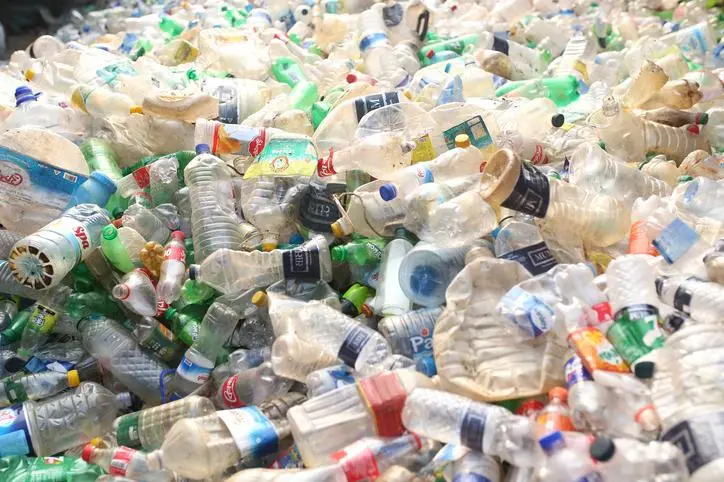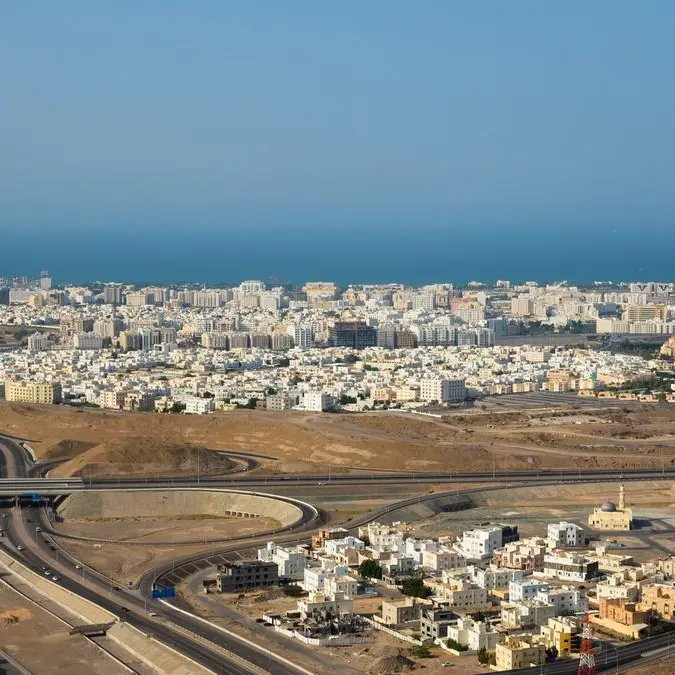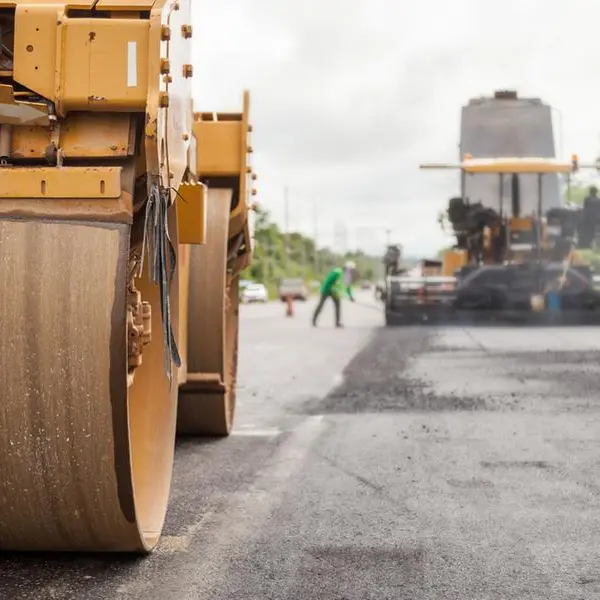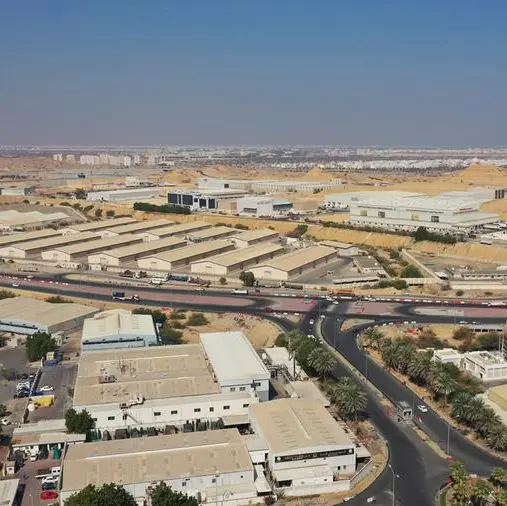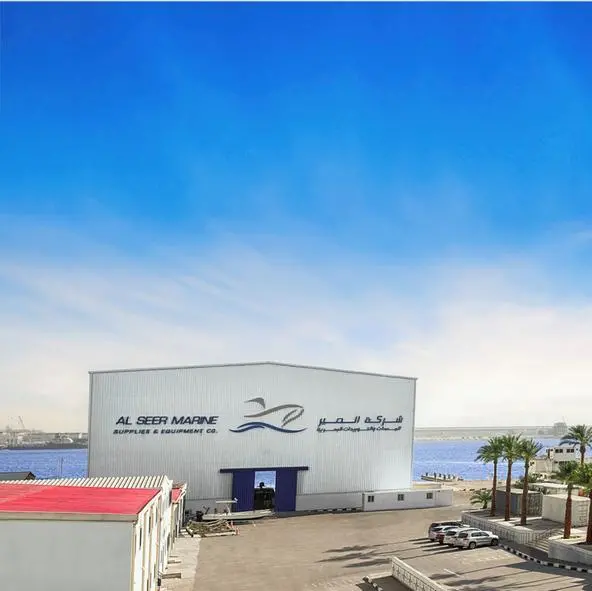PHOTO
As the UAE’s preparation for COP28 gains momentum with the appointment of Sultan Ahmed Al Jaber as the president of the global climate change event, Abu Dhabi-based Rebound is aiming to deepen its participation in the transition strides taking place in the UAE and the world
Backed by the International Holding Company (IHC), Rebound was launched last year to set up an international trading platform – Rebound Plastic Exchange (RPX) - to facilitate the global movement of quality-assured and regulation-compliant plastic waste.
“Our globally facing regulatory platform will inspire sustainable solutions that will support supply chain actors in the public and private sectors alike to enact positive economic, social, and environmental developments,” said Maryam Al Mansoori, General Manager of Rebound.
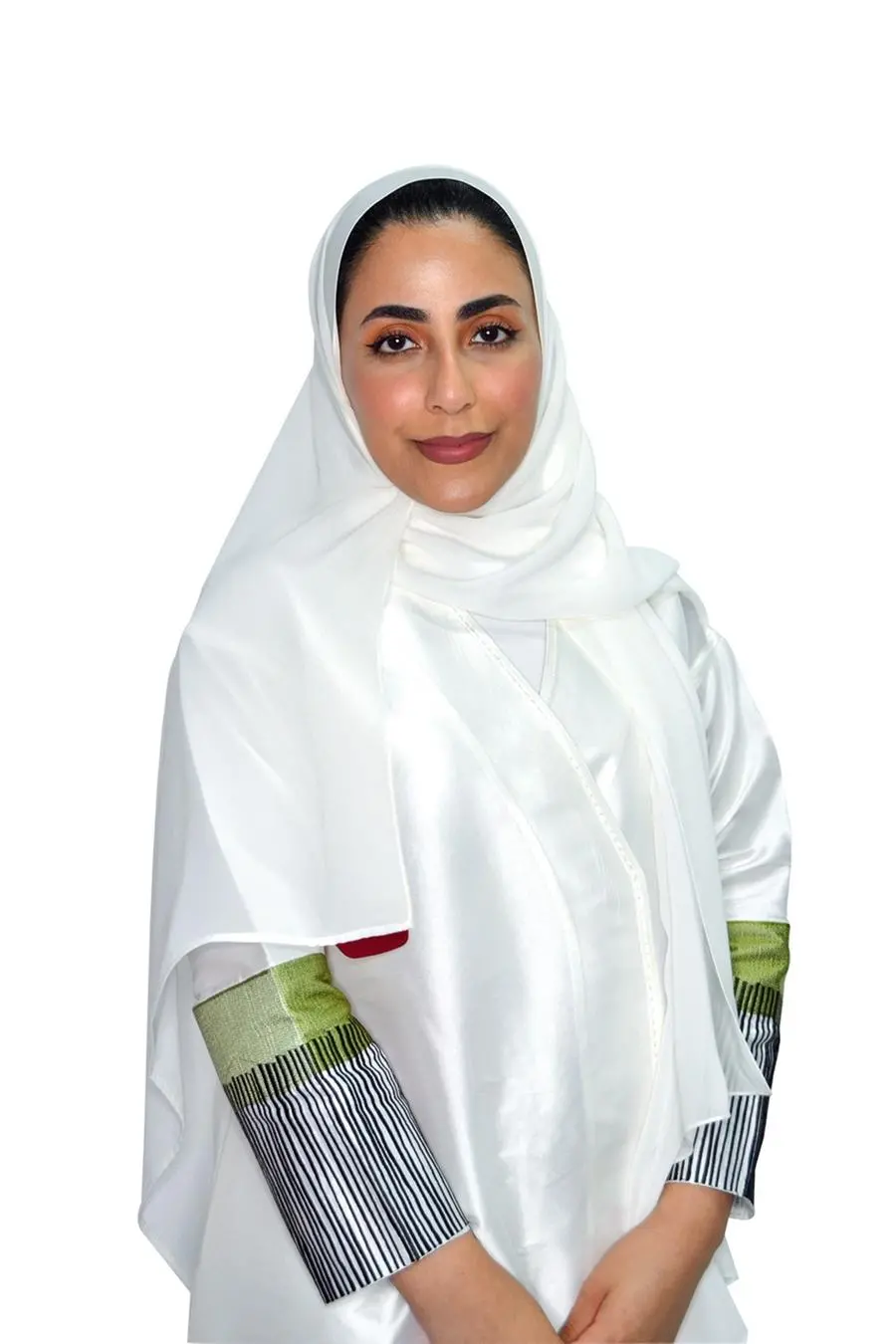

With Environment, Social, and Governance (ESG) going mainstream and the rise in demand for sustainable products, RPX is set to unleash business opportunities in plastic waste trading.
“Our platform is a turning point for the industry as the world’s plastics market is forecasted to reach $46.6 billion by 2025,” said the Rebound official.
She said global participation in RPX is already triggering new processors to join the market, “which will only foster industry growth and substantial local job creation, thus accelerating the global race to circularity.”
Sustainable plastics trade
The world is producing twice as much plastic waste as two decades ago, while globally, only 9 percent of plastic waste was recycled in 2019, according to the Organisation of Economic Co-operation (OECD).
Every year, GCC countries produce around 10 million tonnes of plastic waste but manage to recycle very little, a report by Strategy& Part of the PwC network showed.
The challenge lies in the lack of clarity about the quality of plastic waste and varied regulations in different countries related to hazardous waste.
Al Mansoori said the need is to enhance the efficiency of recycling plastic on a big scale, creating new economic opportunities and saving the earth from the impact of plastic pollution.
RPX wants to help bring efficiency to this trade with a current portfolio spanning the Middle East, North America, India, South-East Asia, and Europe.
She pointed out that an average person eats, drinks, and breathes between 78,000 and 211,000 microplastic particles every year through water, food, seascape, and the broader environment.
“Therefore, poor plastic disposal practices can threaten human health,” she warned, adding that recycling is good for business and the environment.
Al Mansoori said recycling of disposed plastics is projected to cut carbon dioxide emissions by 10 to 12 million tonnes each year and can even reduce primary energy consumption by around 4 percent.
She said the eco-conscious trade of capturing valuable feedstock of plastic waste and moving it to countries with processing capacities for recycling is needed to address the global environmental challenge.
“At present, there lies a clear opportunity for the plastic trade to thrive on increased collaboration to recycle across borders through a shared infrastructure.”
But countries on their own cannot take the full load to recycle due to constraining factors such as lack of infrastructure, feedstock, and transparency.
Al Mansoori pointed out that each country has preferable contamination thresholds for scrap trade. Due to the complexity of recycled plastics, regulations vary from country to country in accordance with the quality of the plastics that are being moved.
She noted that this poses a challenge in the movement of feedstock across borders, resulting in 81 percent of the material value of plastics lost due to failure to recover it.
“Incentivising verified feedstock is therefore vital to curbing global plastic waste,” she said, adding that combined efforts of governments and companies will generate value and accelerate their path to net zero.
Certifying quality and compliance
The Rebound executive pointed out that Malaysia has become the leading destination for the world’s plastic. With its adherence to the Basel Convention, Malaysia has had leeway in curbing plastic waste. “Yet, a large material value is still getting lost currently.”
RPX looks to address this by facilitating the trades of bales, flakes, and pellets depending on the quality in demand and, more importantly, the domestic and foreign regulations of the buyer and seller involved in each trade.
“We try to minimise the geographical distances in each trade, meaning we have a local, regional and global felicitation approach,” Al Mansoori underlined.
RPX has established a comprehensive audit and verification protocol based on the international best practices managed and delivered by an expert panel of certifiers.
Al Mansoori stressed that these certifiers come with an established global reputation for ensuring the quality of traded material. Its certificate protocol includes facility inspection and quality inspection of trades on the exchange.
(Reporting by SA Kader; Editing by Anoop Menon)
